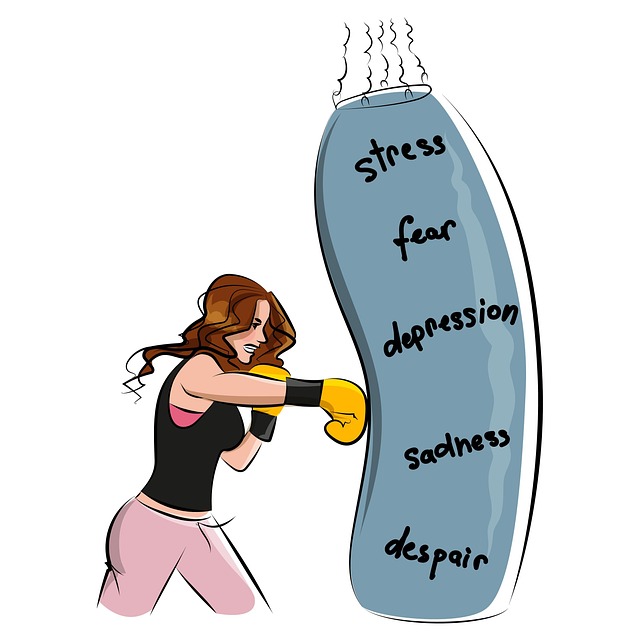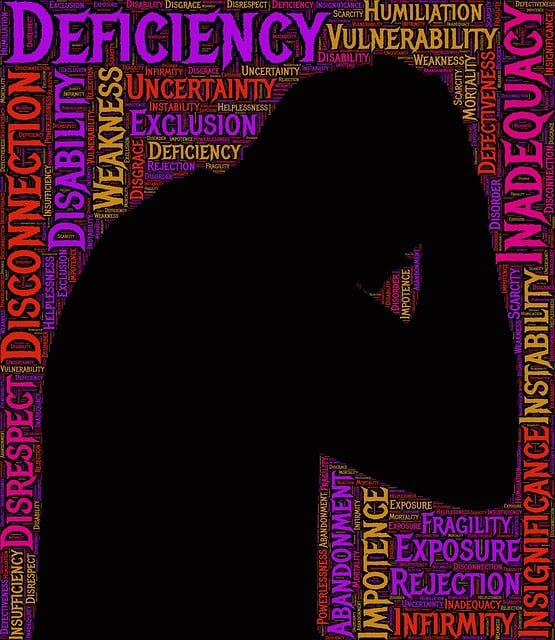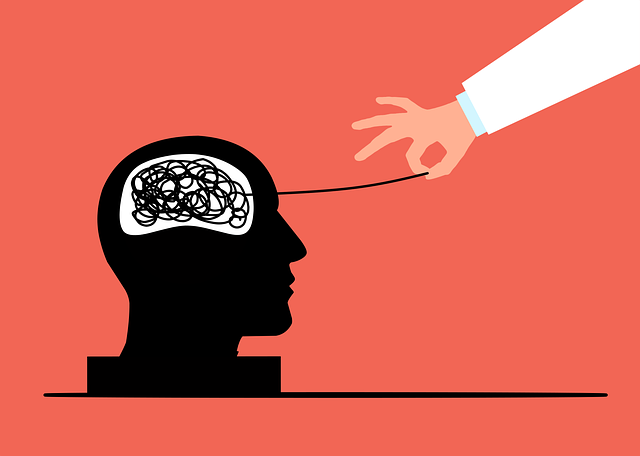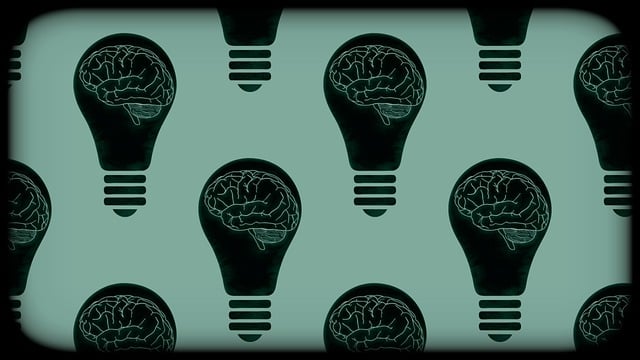Loss, grief, and bereavement significantly impact physical and mental well-being, making specialized support crucial. Therapy, including biofeedback techniques, helps individuals manage intense emotions, regulate physiological responses, and develop coping strategies. Combining therapeutic interventions with personal practices aids in rebuilding lives post-loss. Biofeedback, a groundbreaking tool, enables conscious regulation of bodily functions, reducing anxiety and depression symptoms. Through counseling and evidence-based techniques, clients find healing, navigate complex emotions, and achieve mental health awareness, fostering resilience and personal growth.
“Loss, grief, and bereavement are profound emotional experiences that can profoundly impact an individual’s well-being. This comprehensive guide delves into the intricate world of managing these complex feelings, offering a holistic approach to healing. We explore traditional counseling methods, including therapy techniques tailored to process loss and sadness, and discuss the complementary role of biofeedback in grief support. Through real-life success stories, we illuminate the transformative power of grief counseling, providing hope and guidance for those navigating life’s most challenging transitions.”
- Understanding Loss, Grief, and Bereavement: A Comprehensive Overview
- The Role of Counseling in Managing Emotional Pain
- Therapy Techniques for Processing Loss and Sadness
- Biofeedback as a Complementary Tool in Grief Support
- Finding Hope and Healing: Success Stories from Grief Counseling
Understanding Loss, Grief, and Bereavement: A Comprehensive Overview

Understanding loss, grief, and bereavement is a complex journey that requires empathy and specialized support. Loss refers to the absence or removal of something significant, leading to a deep sense of emptiness. Grief is the natural emotional response to this loss, characterized by feelings of sadness, anger, guilt, or confusion. Bereavement, on the other hand, is the period following a significant loss, during which individuals navigate their emotions and adapt to life without their loved one.
The impact of these experiences can be profound, affecting one’s physical and mental well-being. Therapy plays a pivotal role in this process, offering various techniques like biofeedback for emotional regulation. Self-care practices and self-awareness exercises are also essential tools, helping individuals manage their grief journey. By combining therapeutic interventions with personal coping strategies, individuals can find solace and gradually rebuild their lives after loss.
The Role of Counseling in Managing Emotional Pain

Counseling plays a pivotal role in managing emotional pain associated with loss, grief, and bereavement. It provides a safe space for individuals to process their emotions, memories, and feelings without judgment. Through therapy, one can learn effective coping mechanisms such as stress management techniques, positive thinking strategies, and even biofeedback, which helps regulate physiological responses to distressing situations. These tools empower individuals to navigate the complex landscape of grief, fostering resilience and a sense of emotional control.
In addition to addressing immediate emotional turmoil, counseling offers long-term support in reframing perspectives and developing social skills. It helps individuals rebuild their lives after a significant loss, nurturing connections with supportive networks. By integrating healthy coping mechanisms into daily routines, counseling enables people to honor their loved ones while moving forward with a renewed sense of purpose and well-being.
Therapy Techniques for Processing Loss and Sadness

Grief is a complex process that often requires professional guidance to navigate. Therapy plays a pivotal role in helping individuals process loss and manage intense emotions associated with bereavement. One effective technique, Biofeedback, empowers clients to gain control over their physiological responses to stress and sadness. Through this method, individuals learn to regulate heart rate, muscle tension, and breathing patterns, thereby reducing the physical symptoms of anxiety and depression often experienced during the grieving process.
Incorporating biofeedback into counseling sessions allows for a holistic approach to therapy. It encourages clients to explore their emotional states while providing practical tools for self-soothing and stress management. Additionally, mental health professionals can employ other evidence-based techniques like cognitive behavioral therapy (CBT) to challenge negative thought patterns related to loss. By combining these approaches with focus on inner strength development, as emphasized by Stress Management Workshops Organization, therapists facilitate a transformative journey of healing, helping individuals find new purpose and resilience in the face of grief.
Biofeedback as a Complementary Tool in Grief Support

Biofeedback stands as a powerful complementary tool within the realm of grief support and counseling. This therapeutic approach empowers individuals to gain conscious control over their physiological responses, offering a unique way to manage stress and emotions associated with loss. By using sensors that monitor various bodily functions, biofeedback provides real-time feedback, allowing clients to learn relaxation techniques and self-care practices tailored to their needs. Integrating this technology into therapy for bereavement can enhance mental health awareness and provide valuable coping mechanisms during challenging times.
For those seeking alternative forms of healing, biofeedback offers a non-invasive method to regulate heart rate, blood pressure, and muscle tension—all of which are frequently disrupted during periods of intense grief. Through regular practice, individuals can improve their ability to manage stress responses, potentially reducing symptoms of anxiety and depression. Moreover, public awareness campaigns development centered around biofeedback as a self-care practice can contribute to broader mental health initiatives, ensuring that those experiencing loss have access to innovative support systems.
Finding Hope and Healing: Success Stories from Grief Counseling

Loss, grief, and bereavement can leave individuals feeling hopeless and overwhelmed. However, therapy offers a beacon of hope for healing and recovery. Many have found solace and strength through counseling, which has enabled them to navigate their emotions, find meaning in their loss, and gradually rebuild their lives. These success stories highlight the transformative power of professional support during challenging times.
Counseling sessions provide a safe space to express feelings, share memories, and work through complex emotions like sadness, anger, or guilt. Therapists often employ evidence-based techniques such as cognitive behavioral therapy (CBT) and mindfulness practices, which can enhance mental health awareness and self-care abilities. By combining these approaches with biofeedback therapy—a technique focusing on the mind-body connection and stress reduction methods—individuals can achieve remarkable progress in managing their grief and fostering personal growth. Such holistic healing allows for a journey towards acceptance, resilience, and renewed confidence.
Loss, grief, and bereavement counseling offer vital support during challenging times. By combining comprehensive understanding with effective therapy techniques, such as biofeedback, professionals empower individuals to process their emotions and find hope. The success stories highlighted in this article underscore the transformative power of grief counseling, providing a roadmap for healing and recovery. If you or someone you know is struggling with loss, reaching out for professional help can be a game-changer, offering the necessary tools to navigate through bereavement and emerge with enhanced resilience.









